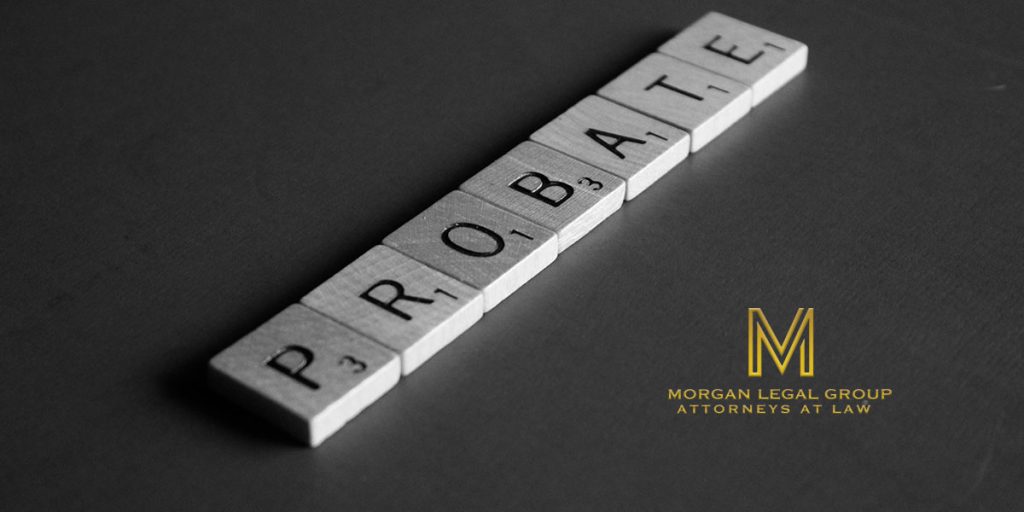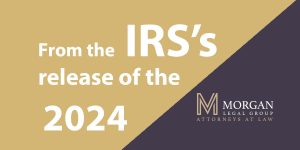Types of Probate in New York
Welcome to Morgan Legal Group P.C., your trusted source for information about the various types of probate in New York. Probate is the legal process that takes place after someone passes away, and it involves validating their will, settling their debts, and distributing their assets. In New York, there are different types of probate proceedings, each with its own requirements and procedures.
1. Formal Probate
Formal probate is the traditional probate process where the deceased person’s will is submitted to the court for validation. This process involves notifying all interested parties, such as beneficiaries and creditors, and holding hearings to address any disputes or challenges to the will’s validity. The court oversees the administration of the estate, including asset distribution and debt settlement.
Advantages of Formal Probate:
- Clear validation of the will’s authenticity
- Court supervision ensures proper asset distribution
- Disputes and challenges can be addressed in a controlled environment
Disadvantages of Formal Probate:
- Can be time-consuming and costly due to court involvement
- May lead to delays in asset distribution
- Privacy may be compromised as court records are accessible to the public
2. Voluntary Administration
Voluntary administration is a simplified probate process available when the value of the estate is below a certain threshold. This process is often quicker and less expensive than formal probate. The nominated executor can apply for voluntary administration, and if approved, they can settle the estate’s affairs without the need for court hearings.
Advantages of Voluntary Administration:
- Quicker and less expensive than formal probate
- No court hearings required
- Suitable for smaller estates
Disadvantages of Voluntary Administration:
- Not suitable for larger or more complex estates
- Limited court oversight
- Not available if the deceased had outstanding debts or liabilities
3. Small Estate Proceedings
Small estate proceedings are designed for estates with very limited assets. If the value of the estate falls below a specific threshold, the appointed personal representative can use this streamlined process to distribute the assets to beneficiaries. This process is faster and less formal compared to traditional probate.
Advantages of Small Estate Proceedings:
- Quick and simplified process
- Less costly compared to formal probate
- Suitable for estates with minimal assets
Disadvantages of Small Estate Proceedings:
- Not suitable for estates with substantial assets or debts
- Limited court involvement
- Beneficiaries must wait for assets to be distributed before claims are settled
Contact Morgan Legal Group P.C. for Probate Guidance
Whether you’re facing formal probate, voluntary administration, or small estate proceedings, the experienced probate attorneys at Morgan Legal Group P.C. are here to assist you. We understand that each situation is unique, and we provide personalized guidance to navigate the complexities of the probate process in New York. Contact us today for a consultation and learn how we can help you through this challenging time.





